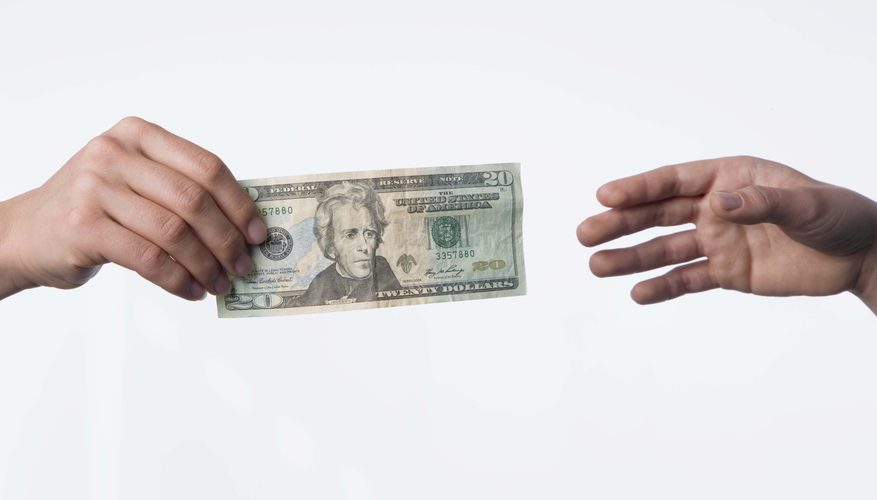Nearly $950,000 awarded to organizations throughout Minnesota
May 21, 2018
The Minnesota Department of Human Services recently awarded $946,878 as part of a new disability services innovations grants program to support people with disabilities in the community.
The small innovations grants program awards between $1,500 and $100,000 to individuals and organizations to work with Minnesotans with disabilities. For example:
- Mental Health Minnesota is receiving $80,000 to support peer-to-peer employment groups for people with mental illness statewide.
- Dakota County has been awarded $100,000 to partner with Lyft on a transportation model for people with disabilities that can be replicated throughout Minnesota.
- Cook County Public Health and Human Services in northeastern Minnesota is receiving $75,303 to support community employment of people with developmental disabilities.
“We’re excited about expanding opportunities for people to live, work and engage in their communities in a meaningful way,” said Assistant Human Services Commissioner Claire Wilson. “Community partners have offered creative ways to give people with disabilities many more options to live the life they want.”
The Minnesota Legislature appropriated funding for innovative ways to improve outcomes for people with disabilities in employment, where they live and connection with others in their communities.
Other small innovations grants have been awarded to:
- ACT (Advocating Change Together), central Minnesota, $3,500 for a community garden in Cambridge and a “Remembering Our Past” historical project on the evolution of disability services.
- All Star Academy ASA, Twin Cities metro area, $20,960 to educate parents and other adults of diverse cultural groups on autism and other disabilities so they can help their families access services.
- Bethesda Lutheran Communities, Twin Cities metro area, $50,000 to provide shared living options and supports for people with disabilities.
- Bridges MN, Twin Cities metro area, $100,000 to develop a web service to provide people with disabilities options for housing, potential roommates and supports so they can move out of group homes if they wish.
- Can Do Canines, Twin Cities metro area, $20,000 to train and match assist dogs to help people with diabetes monitor low blood-sugar levels.
- Dakota County Library, Twin Cities metro area, $100,000 to train library staff on disability inclusion and develop more inclusive online and physical library environments for people with disabilities.
- Hammer Residences, Minnetonka, $25,000 to increase transportation services to support community integration.
- Lifetrack, Twin Cities metro area, $98,453 for intensive employment support services for people with disabilities with criminal backgrounds.
- Mad Hatter Wellness, Twin Cities metro area, $15,000 for workshops on safety and sexual health.
- Natalis Outcomes, Twin Cities metro area, $86,112 for employment supports for adults with mental illness.
- Project for Pride in Living, Twin Cities metro area, $30,000 for its program to help families with mental and physical disabilities who have been homeless increase their self-reliance and build a foundation from which children can thrive.
- Residential Services of Northeastern Minnesota, $100,000 to increase community integration of people with disabilities through matches with community members.
- The SMILES (Southern Minnesota Independent Living Enterprises and Services) Center for Independent Living in southern Minnesota, $42,550 for a sidewalk safety campaign in Mankato. The effort will bring together people with disabilities and other community members on accessibility and other neighborhood issues and include events and a media campaign.
In 2017, DHS awarded $1.8 million in the large innovation grants program and awarded a contract to Arc Minnesota to administer a microgrants program that is currently underway. More information on the microgrants program is available on the Arc Minnesota website. More information on all of the innovation grants programs is available on the department’s website or by emailing DSD.Innovation@state.mn.us.
Permalink: https://mn.gov/dhs/media/news/index.jsp?id=1053-340333



